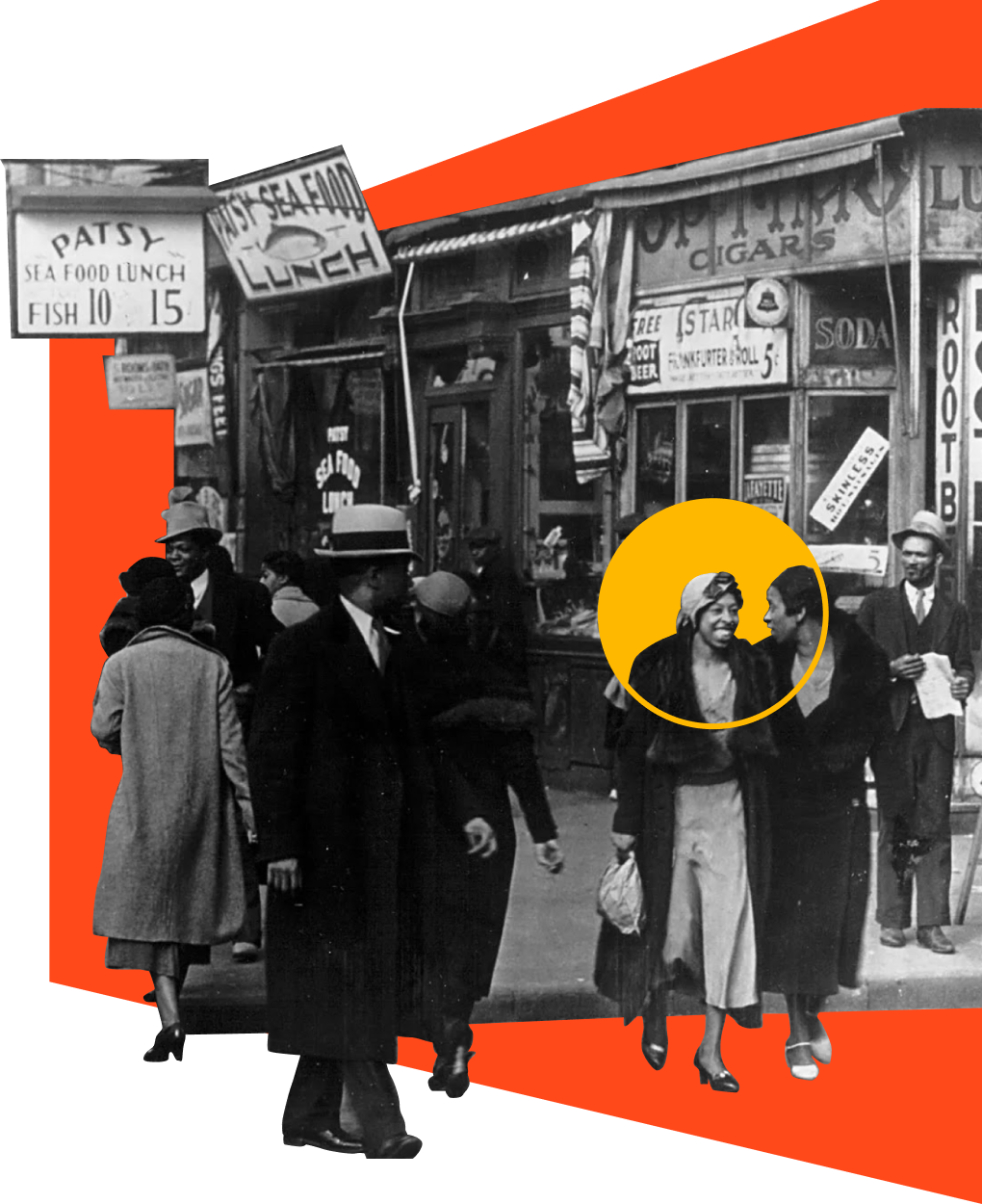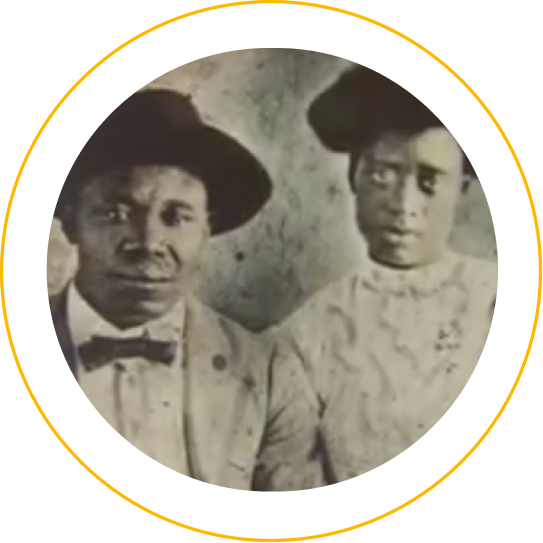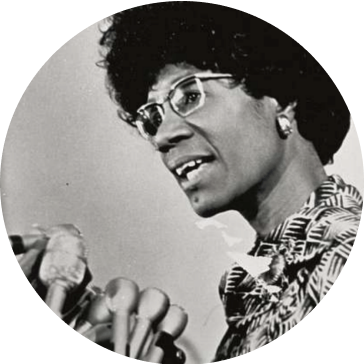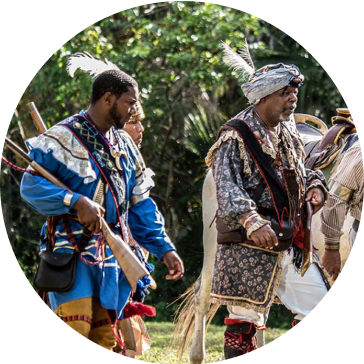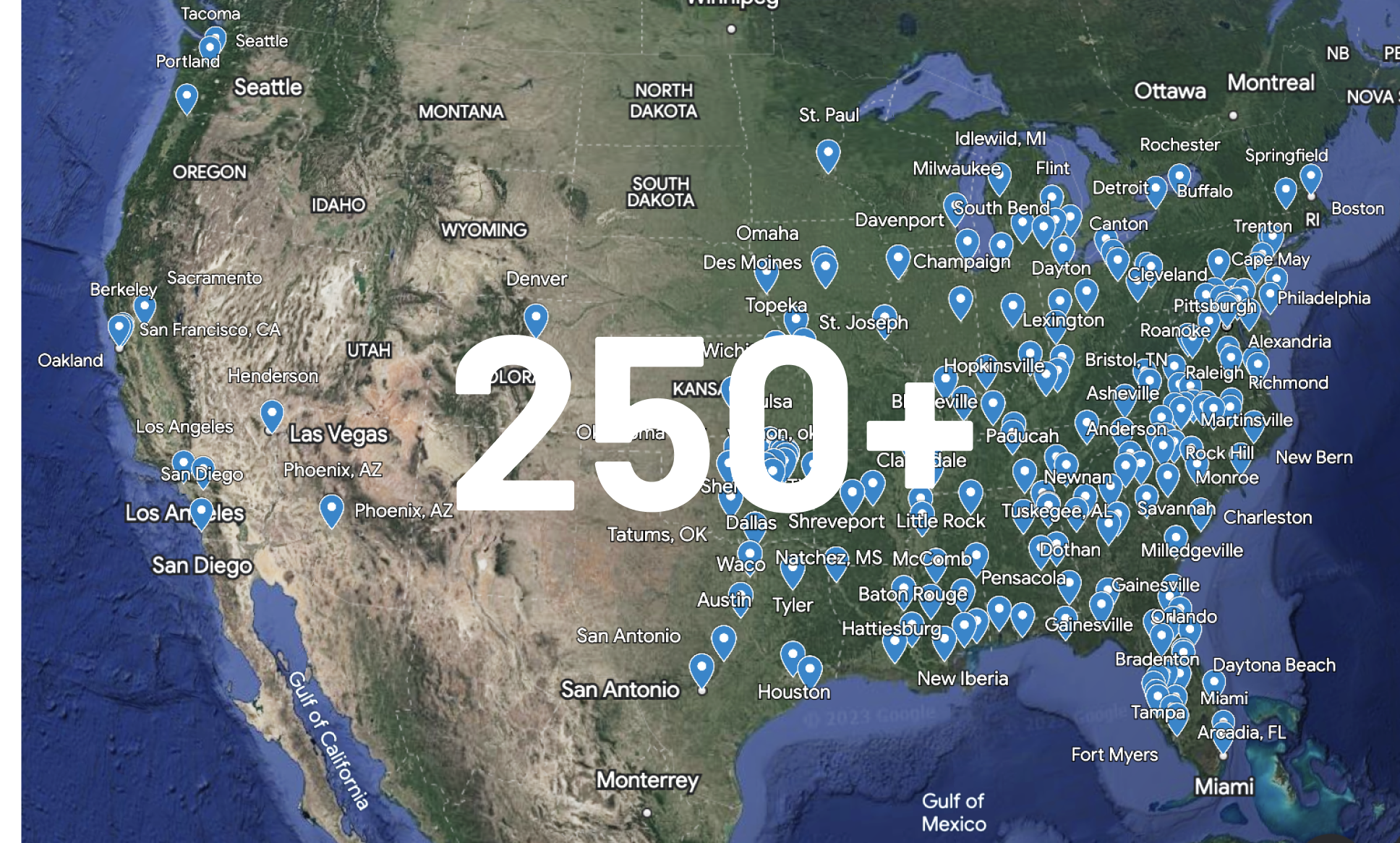
250 for the 250ᵀᴴ
Revitalizing 250+ underINVESTED and rural communities
In honor of the nation’s semiquincentennial in 2026 through a public-private-philanthropic partnership at the nexus of civic engagement, entrepreneurship and preservation of heritage and culture.
Our Work
Black Wall Street Trail
The Black Wall Street Trail celebrates the legacy of the golden age of historic African American business districts impacted by Urban Renewal and honors the spirit of innovation, creativity, enterprise and resiliency encompassing 200+ cities and rural communities across 35 states.
Image Left: The Blanchard House Museum pays tribute to the Blanchard family, who were instrumental in its history. Constructed in 1925, the house was initially built for Joseph Blanchard, a local fisherman, and his wife Minnie. Joseph Blanchard's service in the Spanish American War further exemplifies his remarkable life. After retiring from his career as a steamboat captain in the northeast, he settled in Punta Gorda, FL and pursued fishing. Minnie Blanchard, originally a mail order bride from Louisiana, became his beloved wife.
Seminole Maroon Freedom Trail
In tandem, the Blanchard House Institute has launched the Seminole Maroon Freedom Trail, a national public-private-philanthropic partnership across industries to build an economic and cultural trail which honors the Seminole Maroon quest for freedom from Florida to Alabama, Louisiana, Arkansas, Oklahoma and Texas, as well as Mexico and The Bahamas.
An American story that celebrates freedom, the Seminole Maroon Freedom Trail is designed to reconnect communities along the trail to the stories and values of the past, while imagining and investing in the future.
Purpose
Reserving a Seat at the Table
Assist underinvested and rural communities with their storytelling to leapfrog and gain access to federal programs and private philanthropy (because many communities get left behind due to a lack of resources and access to philanthropic networks).
Elected Officials
Provide local elected officials with a national platform and play book for economic and cultural revitalization.
Heritage & Culture
Connect, preserve and share heritage and culture in honor of the nation's semiquincentennial in 2026 which allows Americans of all generations to feel a sense of belonging to which we can collectively aspire.
Mission
The Blanchard House Institute ("the Institute") was established to operate in conjunction with the Blanchard House Museum's educational, research, and outreach mission.
Combining historical and cultural research, best of education and innovation, economic development, and good governance principles, the Institute creates best practices in public-private-philanthropic partnerships for local elected officials and all leaders.
Blanchard House Institute supports creative writers across 250+ underinvested and rural communities connected to our five national heritage trails, empowering them to create and share contemporary poetry, fiction, creative nonfiction, and hybrid work rooted in local history. Through trail-based public readings and conversations, publishing and permanent print/digital archives, and writer development, we preserve the unique value of each community and expand audiences for contemporary writers. For the Semiquincentennial and beyond, we are building a “literary heritage” infrastructure that makes community stories essential to the nation’s next 250 years, ensuring that, in the age of AI, writers remain the primary sources of the narratives that safeguard America’s cultural richness and seed future adaptations across film, television, games, and AR/VR, with books as the foundational source material.
Image right: Malden Brothers Barber Shop, situated in the heart of the Centennial Hill neighborhood in Montgomery, AL, holds a significant place within the Black business community. Established in 1958 by Nelson Malden and his brothers, this barbershop played a pivotal role in history. Notably, Nelson Malden served as the personal barber of Dr. Martin Luther King Jr. during his time in Montgomery. The barbershop served as a sanctuary where Dr. King and other civil rights leaders could engage in candid conversations, making Nelson Malden's contribution to the Civil Rights Movement immeasurable.
Map right: In 1883, Colonel Isaac Trabue acquired land south of Charlotte Harbor Bay, which later became known as the Town of Trabue. By 1885, it was officially registered under that name, and two years later, in 1887, it was incorporated as the City of Punta Gorda, FL. Notably, among the incorporators of the city were four African-Americans, underscoring their significant contribution to its establishment and development.
Opportunities
Launched in 2022, the Blanchard House Institute seeks to engage a constellation of partners, advisors and funders to support special initiatives and philanthropic investment opportunities leading up to the 250th anniversary of the ratification of the Declaration of Independence on July 4, 2026.
Projects include:
-
Co-create economic and cultural development resources for deployment to local elected officials and their community partner organizations for the 200+ cities that are part of both trails with key partners.
-
Achieve national trail designation for both trails through the National Park Service in honor of the semiquincentennial.
-
Develop a national, “museum-quality” 360° immersive multimedia engagement experiences that will create shareable moments for lasting social impact spotlighting and connecting the 200+ historic business districts to promote heritage tourism including the usage of markers along the cities to honor the cities impacted by Urban Renewal and the work that will be done to revitalize these communities leading into the seminquincentennial and beyond.
-
Use the educational pedagogy of youth values formation to teach young people the traditional African values that sustained the African American community during the time of Jim Crow that were lost due to the impact of Urban Renewal.
-
Leverage cutting edge innovation and best practices to preserve the Afro-Seminole Creole language while there still are fluent speakers of the language. It is estimated that by 2050 only 20 Native American languages will be spoken (from over 300).
-
Innovative and forward-thinking convenings for elected officials and leaders to curate their needs into a national discourse that will become the foundational issues of the upcoming 2024 Presidential campaign.
-
Partner with the City of Tuskegee, AL, and Tuskegee University to create a national pilot for rural healthcare delivery for the 12-county Alabama Black Belt utilizing the latest technological developments in virtual health, while leveraging the School of Veterinary Medicine’s expertise in zoonotic diseases to facilitate biomedical & biotechnical R&D that the University can license; and assisting Tuskegee University to become a R2 Research Institution to be a leader in data analytics and data sciences, education and training.
-
Support national efforts to promote the importance of broadband infrastructure to social connectivity, economic development, and healthcare delivery for underinvested and rural communities.
Image Above: Martha Andrews played a pivotal role in the civic affairs of Punta Gorda, FL, and Charlotte County. In 1933, she co-founded the Charlotte County Branch of the NAACP, demonstrating her commitment to civil rights and equality. Throughout her life, Martha Andrews remained actively engaged in community initiatives and devoted her efforts to advancing social progress in the region.
Connect With Us
For inquiries to support Blanchard House Institute’s philanthropic investment opportunities, please contact us at: info@blanchardhouseinstitute.org

